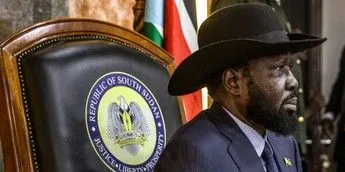
Qatar National Bank (QNB) has taken legal action against South Sudan in a U.S court, seeking to enforce a $1 billion arbitration award after the country defaulted on a wartime loan.
The petition, filed in a U.S court in Washington, D.C., follows South Sudan's failure to repay a $700 million loan obtained from Qatar during the height of its civil war, a debt that, with interest and penalties, has now ballooned to over $1 billion.
The original loan was intended to stabilize South Sudan's fragile economy during a period of intense internal conflict.
However, nearly a year after an international tribunal under the International Centre for Settlement of Investment Disputes (ICSID) ruled in favor of QNB, South Sudan and its central bank have reportedly neither paid the award nor challenged it.
QNB's move to seek enforcement in the U.S. has revealed the growing frustrations over the lack of compliance and highlights how sovereign debt disputes are increasingly playing out on global legal stages.
According to the International Monetary Fund (IMF), South Sudan had the lowest GDP per capita in 2025, making it one of the poorest countries in Africa. Thus, the $1 billion court case with Qatar National Bank (QNB) over an unpaid wartime loan reflects the severity of the country's economic crisis.
If the U.S. court agrees to uphold the award, South Sudan could face asset seizures or further diplomatic pressure to meet its obligations.
The South Sudan war
The South Sudanese civil war, which ran from December 2013 to February 2020, began as a political clash between President Salva Kiir and former Vice President Riek Machar, but quickly turned into an ethnic conflict between the Dinka and Nuer.
Coming just two years after independence in 2011, the war exposed the country's weak institutions and deep divisions.
Beyond the human cost of over 400,000 deaths and millions displaced, the economy lost more than $28 billion in GDP between 2013 and 2018. Oil production which is South Sudan's main revenue source, plunged, inflation soared, and public services collapsed as the war devastated infrastructure and drove away investors.
The loan dispute
South Sudan's loan dispute with Qatar National Bank (QNB) began after independence in 2011, when the country secured credit to fund essential imports.
Shortly after becoming a nation in 2011, South Sudan and its central bank secured loans from QNB to fund critical imports such as food, medicine, and refined oil. When the civil war erupted in late 2013 and oil revenues collapsed, QNB extended additional credit, including a $250 million top-up.
By 2015, South Sudan began defaulting, prompting two debt renegotiations. The final 2018 agreement consolidated the loans into a $700 million, 15-year facility, with repayments set to begin in March 2019. After drawing down about $659.8 million, South Sudan missed its first payment, triggering a formal arbitration process.
QNB filed a claim in 2020 under ICSID rules. Following hearings in London, the tribunal ruled in January 2024 that both South Sudan and its central bank had breached the loan terms.
A final award issued in May ordered them to pay over $1.02 billion, including principal, interest, and legal costs.
Despite the ruling, QNB says South Sudan has neither paid nor contested the award.
According to court filings reviewed by SudansPost, QNB argues that under U.S. law and the ICSID Convention, the arbitration award must be enforced "like a final court judgment." The bank says South Sudan waived any sovereign immunity through its contract and ICSID membership.
"This Court is not permitted to re-litigate the arbitration; its role is solely to confirm the award and enforce payment," QNB's lawyers stated, requesting full judgment with interest and legal fees.

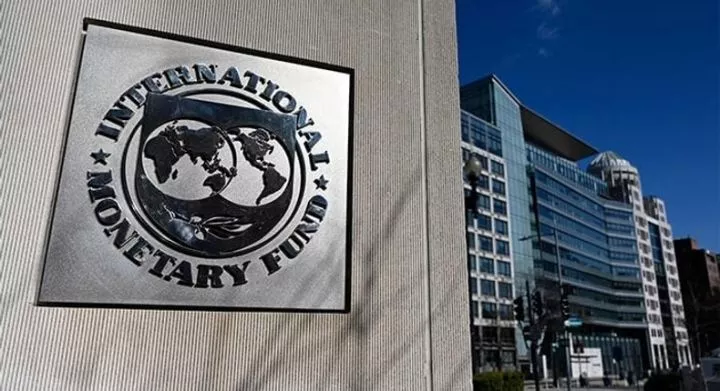
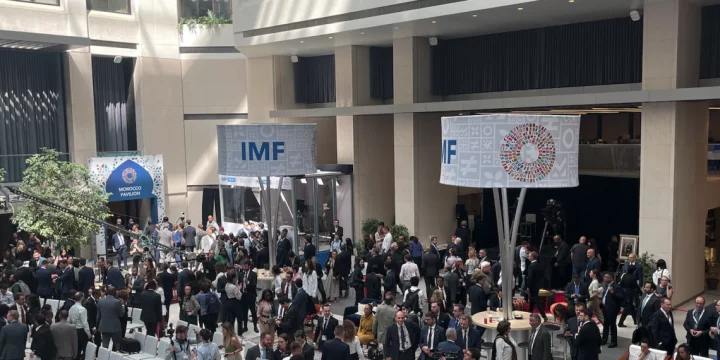
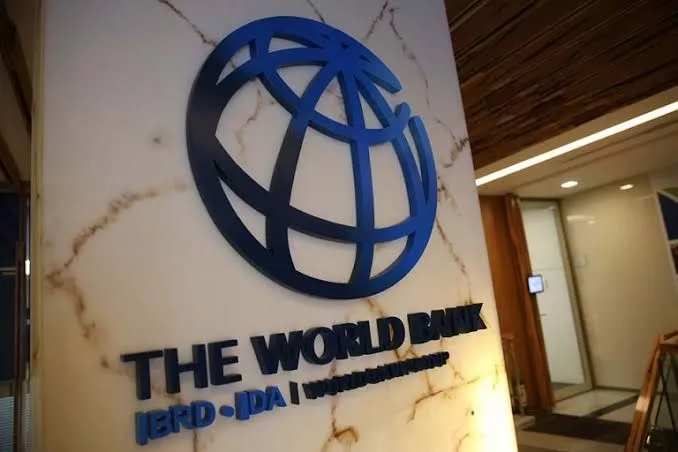
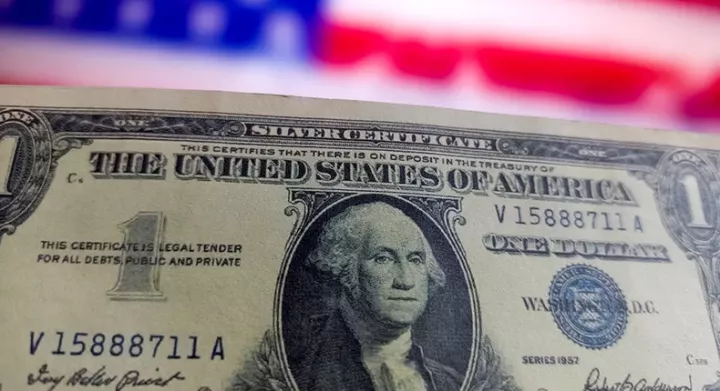
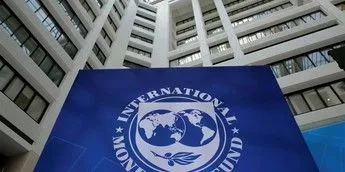
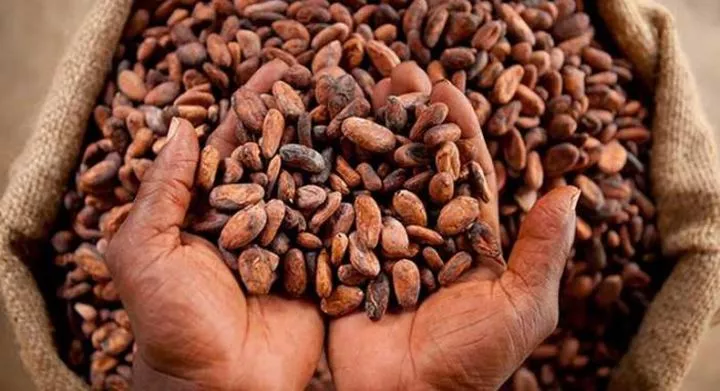









Comments